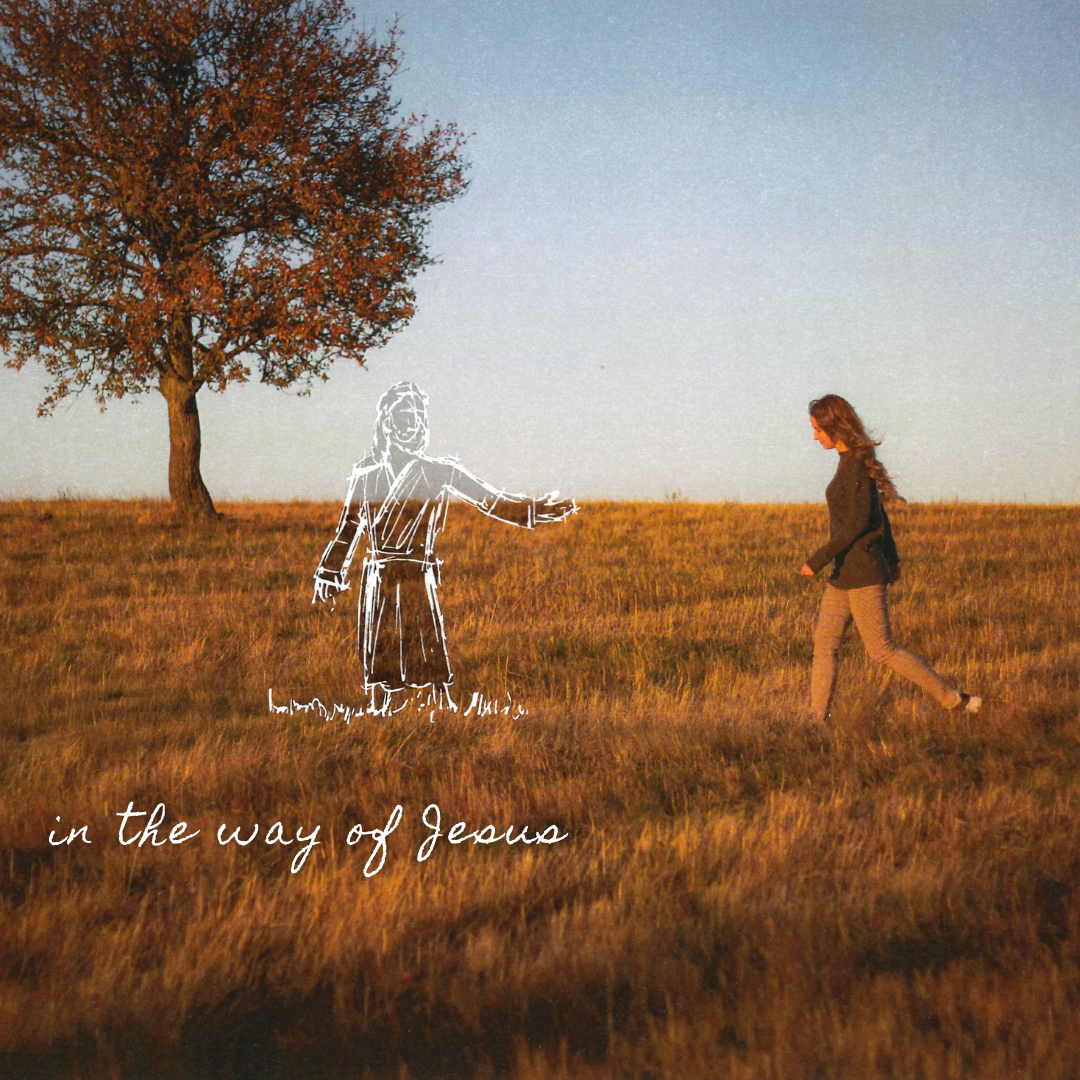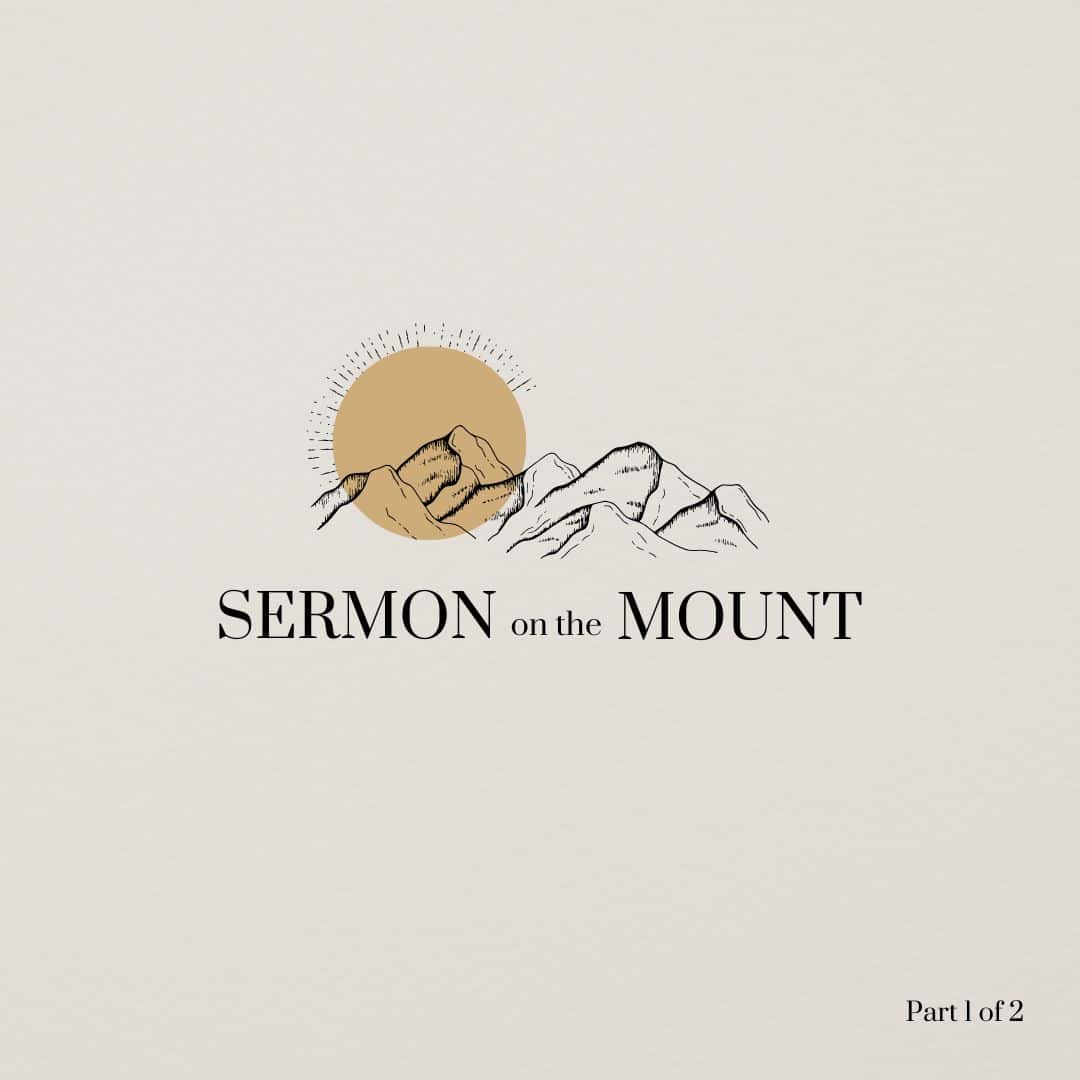No Daily Devotionals This Week
Aaron Bjorklund2025-06-19T10:33:20-06:00Hello Faithful Daily Devotional Readers, We wanted to take a moment to explain why you haven’t received your usual daily devotionals this week. Pastor Alex Walton was unwell this past Sunday and unable to preach [...]




